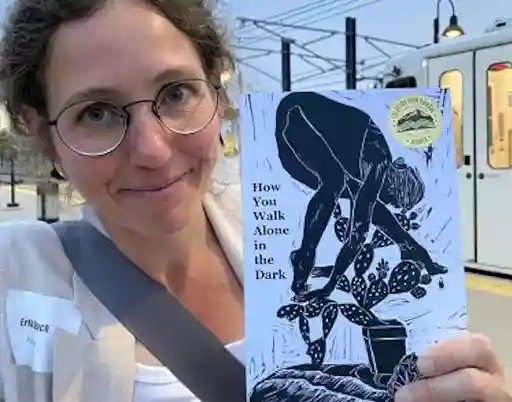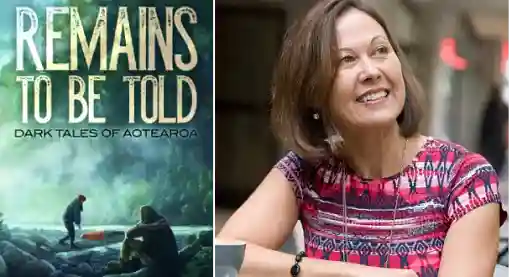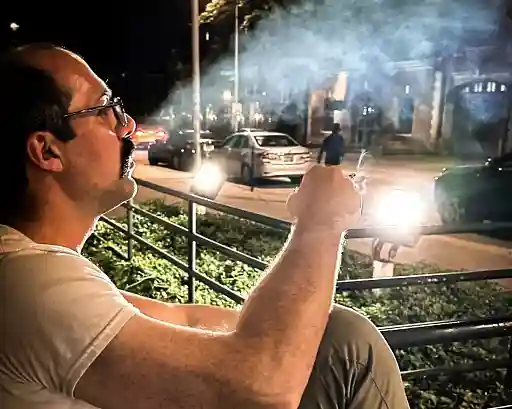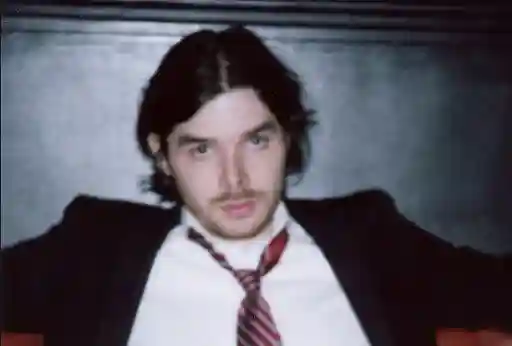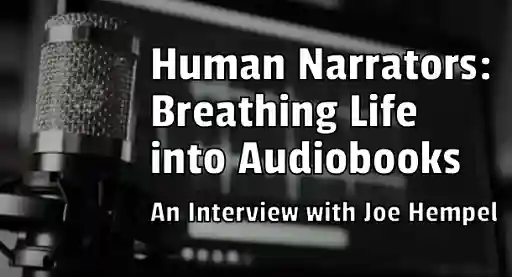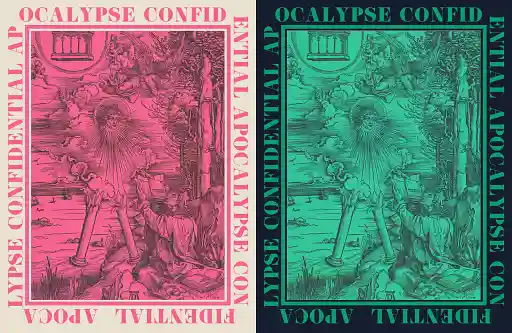I’ve been lucky to support the release of author and retired teacher Anita K. Newman’s debut children’s book Clark the Colorblind Chameleon. The book is a modern day fable that focuses on disability, perseverance, and grit. Newman’s hope is that the book will help teachers better meet the needs of children, but also believes the book’s message will speak to children and adults who are looking to surmount the difficulties in their lives. Full-disclosure, I’ve only recently begun dealing with my own disability and am not always certain when I’m facing difficulties because of it, or regular life. Which is also to say, that I may be biased when I tell you how terrific the book is, but I’m fine with that and I’m honored to share the following conversation with you.
Please tell me who you are and what we need to know about your book.
I am Anita K. Newman, and as a National Board Certified Teacher, I have taught Music, Kindergarten, and 1st Grade in Massachusetts and Rome, Italy. I found that well written stories could capture the imagination of young children and help teach them about the world around them, including how to work and play with others, as well as understanding that we all have difficulties to overcome in our lives. Clark the Colorblind Chameleon is a modern fable about a chameleon who has the disability of not being able to see colors. He feels he doesn't fit in because he is different, and when he nearly gets caught by a predator because of this disability, he is afraid to go outside. He has to learn through perseverance and hard work, and eventually learns how to do what came so easily to his friends. However, he has grown a great deal in his character and has developed a special ability.
I love the sound of something, anything, being referred to as "a modern fable," and while it may feel obvious, what makes it modern? Also, from your perspective, what makes a story a fable versus something else?
From my perspective a fable is a fictional story where the characters are animals who have taken the characteristics of humans. Fables lead to a conclusion that has a moral within it. Often the moral is written out at the end of the story, to reinforce the lesson. A modern fable is one that focuses on problems and difficulties that can easily be recognized as problems or difficulties in our lives today. In this case, Clark doesn't fit in because he is different, which is a problem we are facing in today's classrooms as we are trying to help young children understand and help those who are different. The differences can be learning disabilities as they can be ascribed to Clark (being unable to turn different colors or camouflage, in order to hide from a predator). In Clark's case, his problem can be very dangerous to him, as well as the fact that he is different from his friends. The moral for Clark is to continue to work hard and have grit (sticking to the task even when it is very difficult and seems impossible to do).
I'm really fascinated and frustrated by this last answer (not with you obviously), because while I'm thrilled that we now want to help young children try and understand and help those who are different, there has always been difference and we just chose to ignore it. And maybe this is obvious, but what do you think changed over the course of your professional life that we're experiencing this shift? Also, while there only seems to be positives associated with this newfound recognition, do you have any concerns about how we're approaching it?
Yes, we have always had children (and people) who are different. What has changed from when I went to school as a youngster, is that they were considered "weird," "odd ducks" or worse by both the students and probably the teachers. There was little to no effort to find out what the problem might be, much less help them to work around it. If you couldn't read, you were just "dumb." When I started teaching, it was much the same until the learning Disabilities Bills began to be passed. At that point they were tested, diagnosed and given a lot of help. Did it really help? Yes, with some of the students, but we have a long way to go. Hopefully, we will improve meeting their needs as the years go by. This is not to say that everyone is going to be able to learn what they need to know in order to make a living and have a productive life. Sometimes, unfortunately, the damage is too extensive. But, at least, there is an effort to help as best we can. Never give up!
I'd like to shift back to you and ask that beyond your seeing a need for this particular book, what's your relationship to writing in general. Do you think of yourself as a writer, and did you always intend to write a book?
I always loved writing as a child. When I was in the 4th, 5th and 6th grades, I began writing a "series" of stories combining my family and a neighbor's family. We had adventures, solved mysteries and generally had a great deal of fun in these stories. I used the cat and dog as comic relief and I remember my brothers rolling on the grass and laughing. Once I was finished with a story, I would have a "reading" (of course, I had no idea that's what we actually do!). I would gather all of us, have pudding, popcorn and Coca Cola and read to my audience, all of whom had a part in the story. Unfortunately, these stories were lost when we moved back to the States (from Venezuela). How I wish I had them now! I was a singer and began focusing on voice lessons, singing in groups and solo work, and decided to major in Vocal Performance in music school. I never stopped writing. Later on, I wrote for a newspaper which is a different kind of writing. I began writing children's stories because I taught Kindergarten and First Grade. Some of them I made into musicals and some of them I read in class for a particular "teaching moment." I didn't attempt to get them published until Clark the Colorblind Chameleon, when I retired and felt I had the time to find a way to publish. So, Clark is my first published book, however, there are many others just waiting!
What strikes me as I read this answer is that you were always leading a creative life, working, but also making art. I'm curious if it felt that way at the time, and how conscious it was, or does it only feel like that now that you're retired, getting published and able to spend more energy on pursuits like this?
It's true that I have always led a creative life, even from a very young age. I loved creating all kinds of art, writing, always sang, took dance lessons, and anything else that I wanted to try. When I entered college, I had a hard decision between music and art, but ultimately chose music, earning a Vocal Performing Degree. As a teacher, I always sang on the side (in operas, musicals, madrigal groups, and popular groups), as well as wrote for a newspaper. I had written about 10 musicals for my young students, as well as many children's stories (some I turned into musicals) and intended to pursue publication when I retired and had more time.
What do you hope will happen with this book, and with many others waiting. What do you hope will happen for you?
I hope this book becomes a staple in every Kindergarten and First Grade classroom. The message is not only about understanding those who may be different or have disabilities, it is also about grit and continuing to work on one's difficulties and problems. The message at the end of the book, "Never Give Up," is a powerful one not only for children, but also for adults. We all have difficulties and problems to surmount throughout our lives, and a mantra such as this can help us in many different situations. I hope this book will open the door so I can publish many of the children's books I have already written, and for those I intend to write! I am hoping to be able to publish the musicals I have written and produced for young children to perform (children tested!). I believe in quality stories and songs, and have followed my beliefs in creating these musicals and stories.
I hope for that as well and so, can you please share some of the stories and musicals you hope to publish, both those you've been working on and those you plan to work on? Let the pitching begin now!
Stories. and Musicals (a few of them):
The Upside Down Umbrella
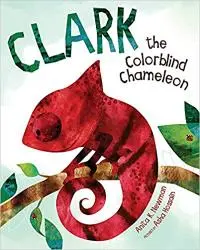 A story of a huge mystical umbrella that is white with a swan's head handle. Of course, it doesn't work in the rain because it always turns upside down (to be the swan). However, it ends up saving the family!
A story of a huge mystical umbrella that is white with a swan's head handle. Of course, it doesn't work in the rain because it always turns upside down (to be the swan). However, it ends up saving the family!
Anita and the Lion Under the Bed
A child's memoir of how her father handled her fears of lions (snakes, spiders, dragons, with sounds and heat!) under her tall antique bed. Hint: he uses a chalk drawn dog on her blackboard.
The Legend of the Sea
The story of a fish who suddenly appears in a vast ocean with no living creatures. She learns she can wish for any type of creature and it will appear. This was actually a study of oceanography for a First Grade science unit, so all the descriptions are scientifically accurate. She wishes for all kinds of creatures, getting bigger and bigger until she ends up with a shark and a whale and ends the tale.
This is also a musical.
Goldie and Fishy
A tale of two goldfish in a Kindergarten classroom who are accidentally left in the classroom for the summer, but rescued by a wise teacher.
The Fossil Egg
The story of a group of Kindergarteners who find a fossil egg and travel back in time to the Jurassic Period where they meet different types of dinosaurs. The egg hatches and asks each group of dinosaurs if she is one of them and they ask if she has certain characteristics. Each group has its own song (scientifically correct as it was a science unit). A story and musical.
The Ugly Duckling Finds His Roots
A remake of the fairy tale into a study of different birds, as the ugly duckling travels to find his roots. This was a science unit on birds and the songs (or poems for a story) are again, scientifically correct.
Goldilocks and the Three Bears in the Forest
Another fairy tale used to meet forest creatures. The story is basically the same but with the added forest creatures Goldilocks meets along the way. Each has a song (or poem) and all are scientifically correct as the science unit was about forest creatures.
And to conclude, what I have failed to ask you and/or what do you want to make sure you get to share before we sign off?
I feel that it would be impossible to fully discuss what I write and the different Learning Centers I used in my classroom in one setting. That would take a book...
Maybe at a different time!
Get Clark the Colorblind Chameleon at Bookshop or Amazon
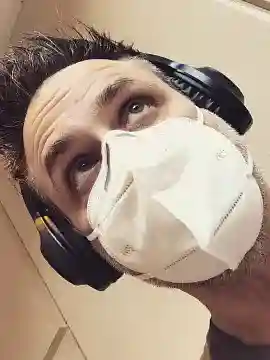
About the author
Ben Tanzer is an Emmy-award winning coach, creative strategist, podcaster, writer, teacher and social worker who has been helping nonprofits, publishers, authors, small business and career changers tell their stories for 20 plus years. He is the author of the soon to be re-released short story collection Upstate and several award-winning books, including the science fiction novel Orphans and the essay collections Lost in Space: A Father's Journey There and Back Again and Be Cool - a memoir (sort of). He is also a lover of all things book, taco, Gin and street art.
